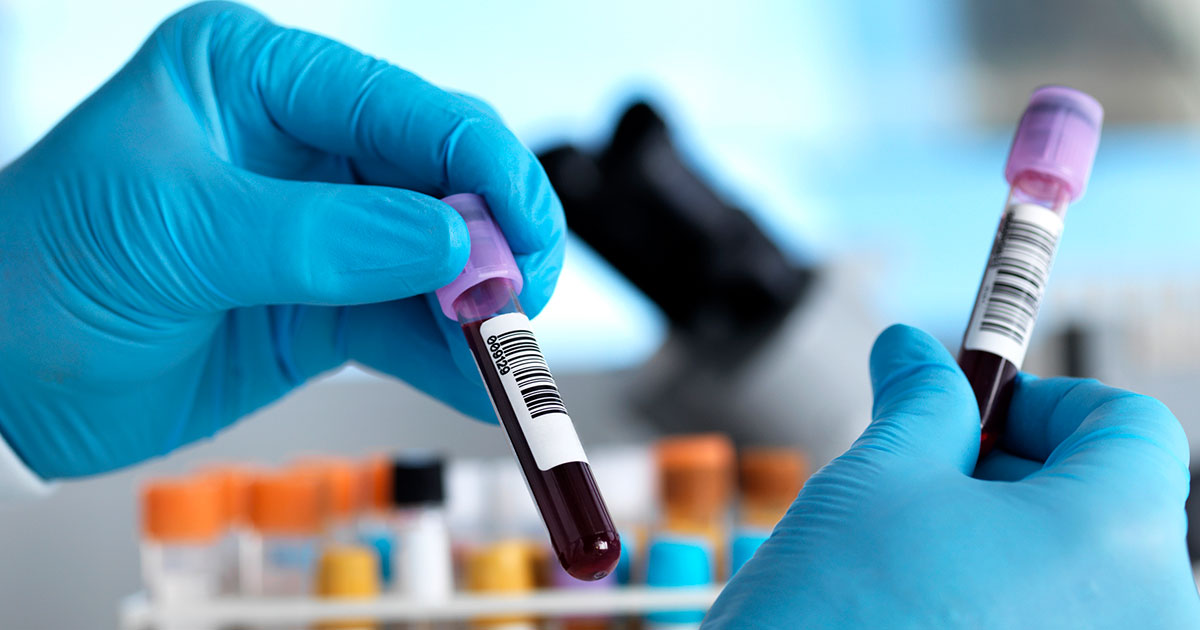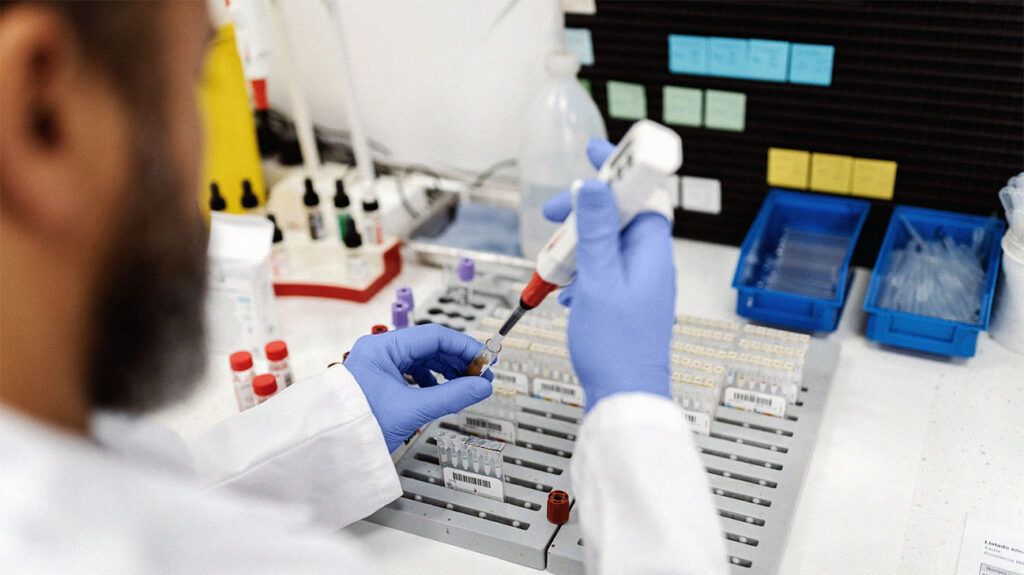- Intrinsic capacity is the sum of a person’s mental and physical capacities, and is a measure of aging.
- Maintaining physical and mental function is a cornerstone of healthy aging.
- Formerly, assessing intrinsic capacity has been a costly and time-consuming process.
- Now, researchers have developed a method for assessing intrinsic capacity and age-related decline from a single drop of blood or saliva.
- They suggest that their test could be used to track aging and guide targeted interventions to maintain mental and physical function as people age.
Intrinsic capacity (IC) is defined by the
A person’s intrinsic capacity is influenced by a number of factors, including the presence of diseases, injuries and age-related changes.
Maintaining your intrinsic capacity is key to healthy aging. However, measuring intrinsic capacity has, until now, required sophisticated equipment and trained personnel.
A new study has found that measuring
The study, which is published in
Thomas M. Holland, MD, MS, a physician-scientist and assistant professor at the RUSH Institute for Healthy Aging, RUSH University, College of Health Sciences, who was not involved in this study, commented for Medical News Today that:
“A blood- or saliva-based test for intrinsic capacity, known as DNAm IC, is a very promising tool in aging science. […] This test uses DNA methylation patterns, chemical tags that regulate gene activity, to estimate your IC biologically, offering insights into how well your body is functioning compared to your chronological age.”
“One of the most critical aspects is that this test can be done with a simple blood or saliva sample, making it accessible and noninvasive. It tells us not just how old you are, but how well you are aging, which is much more meaningful to help inform which interventions should be implemented, if any, to help prevent future health problems,” Holland explained.
Elena Rolt, MSc, DipION, IFMCP, a Registered Nutritional Therapist and Functional Medicine Practitioner and cofounder of Health Miro, who was not involved in this research, also welcomed the findings.
“The DNA methylation-based intrinsic capacity (DNAm IC) test shows significant potential as a practical measure of biological aging,“ Rolt told MNT. “Unlike traditional epigenetic clock based tests, it also captures functional aging more directly.“
“As it reflects immune aging, physical capacity and lifestyle-related risk factors, this test may be particularly relevant for personalised aging interventions and preventive strategies,” she added.
“However,” Rolt cautioned, “its use should be complementary to other markers — e.g. PhenoAge, GrimAge, functional tests — and its utility in clinical practice will depend on further validation.”



